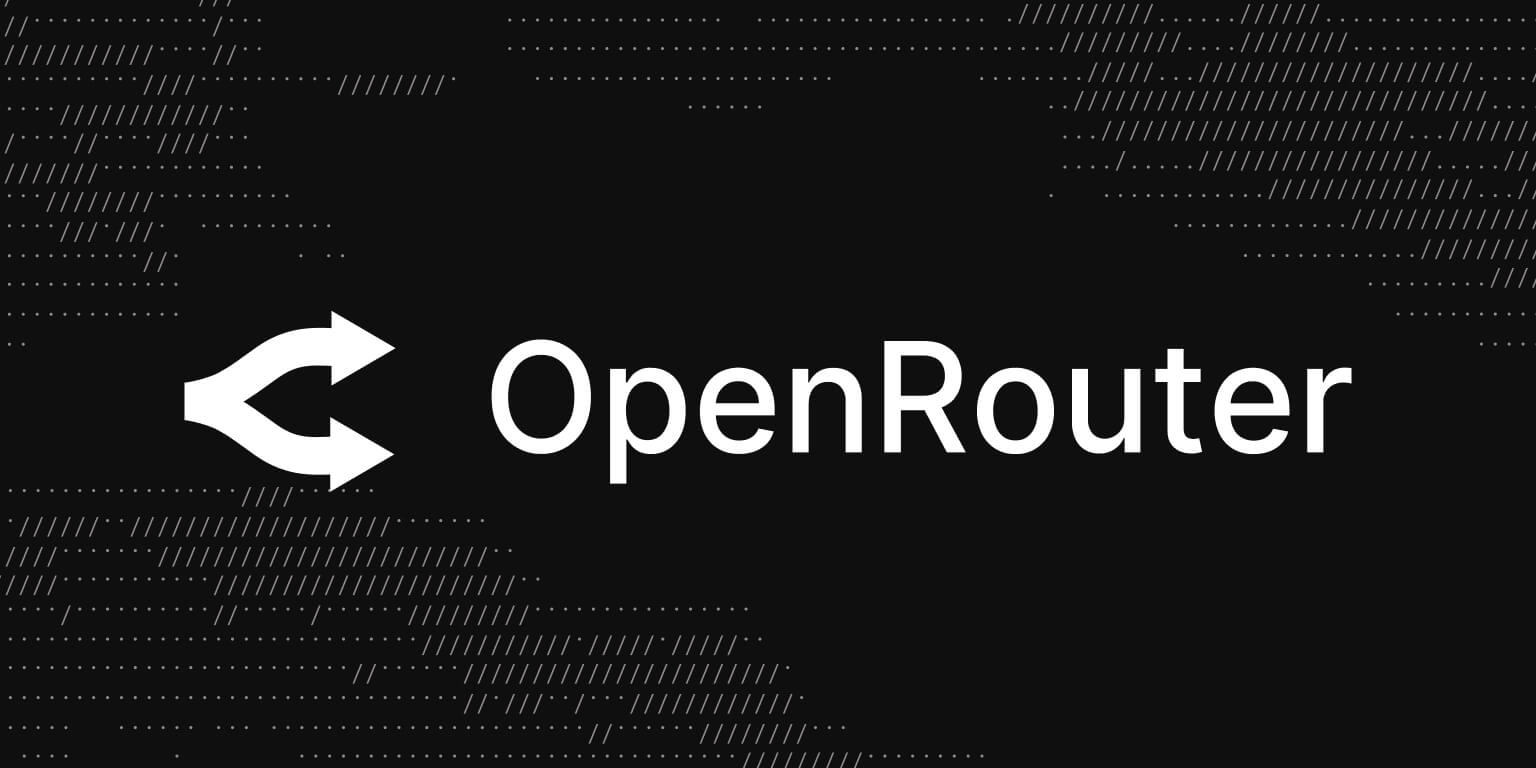OpenRouter: The Universal API for AI Development in 2025

TL;DR
- OpenRouter provides unified access to 500+ AI models from 60+ providers through a single API
- Fully OpenAI-compatible API—often just "change the endpoint URL" to integrate
- Intelligent routing with automatic fallbacks ensures maximum uptime and performance
- New "exacto" endpoints curate providers for measurably better quality
The competitive dynamics of AI model adoption—like Grok Code Fast 1's market dominance—are only possible because of platforms like OpenRouter. OpenRouter is not an AI model provider; it is an AI model aggregator or gateway.
In an increasingly fragmented AI landscape where new models emerge weekly from OpenAI, Anthropic, Google, xAI, and dozens of other providers, OpenRouter has become the essential infrastructure layer that makes the entire ecosystem usable.
Defining the "Aggregator" Model
The platform's core concept is best understood through an analogy: "Think of OpenRouter as a universal booking counter at an airport". Instead of a developer going to separate airline counters—OpenAI, Anthropic, Google, xAI—they go to one counter (OpenRouter) that provides access to all of them.
What OpenRouter Provides
Unified API
A single, standardized API to access 500+ models from 60+ providers
OpenAI Compatible
Fully OpenAI compatible—"just change the endpoint URL" in existing code
Automatic Fallbacks
When one provider fails, OpenRouter automatically routes to the next option
Cost Optimization
Load-balances across stable, low-cost providers by default
OpenRouter functions as a meta-layer on top of a fragmented and non-standardized AI industry. It provides interoperability as a service. By abstracting the backend complexity, it creates a level, competitive marketplace where models must compete on price and performance alone, rather than on the friction of their unique API integration.
The Developer Value Proposition
Developer testimonials and platform documentation converge on three primary benefits that OpenRouter provides, all of which are centered on friction reduction.
Unified API (Reduced Engineering Friction)
The most commonly cited benefit is that "writing code to wrap every new provider/model API is a pain". OpenRouter eliminates this by providing "One API key for hundreds of models".
// Before: Multiple integrations
import openai from 'openai';
import anthropic from '@anthropic-ai/sdk';
import google from '@google/generative-ai';
// After: One integration
import openrouter from 'openrouter';
Consolidated Billing (Reduced Administrative Friction)
Instead of tracking "multiple bills from different vendors," a developer receives "one consolidated invoice". This is critical for cost analysis and observability in any project.
- Single invoice across all providers
- Unified usage analytics
- Cost tracking per model/project
Flexibility and Experimentation
The platform makes developers "Model Agnostic". It allows teams to "A/B test multiple models quickly" and "switch between hundreds of models without changing your code". This is ideal for "optimizing for cost and performance".
// Switch models without changing code
const model = "xai/grok-code-fast-1"; // Fast
const model = "anthropic/claude-sonnet-4.5"; // Quality
const model = "google/gemini-2.5-flash"; // Cheap
Core Value: OpenRouter's core value is abstracting away the business and engineering overhead of AI integration. It is a productivity tool that enables a startup or a solo developer to instantly leverage the sophisticated, multi-provider infrastructure that, without such a tool, only a large enterprise could afford to build and maintain.
Platform Mechanics: Intelligent Routing and Fallbacks
OpenRouter is not a "dumb pipe"; it is an intelligent orchestration layer that actively manages reliability and, increasingly, quality.
Layer 1: High Availability (Uptime)
Layer 2: Quality Assurance (The "Exacto" Feature)
Significance: This "exacto" feature represents a significant evolution. OpenRouter is moving from a utility (an "aggregator") to a curator. It is no longer just selling access; it is selling quality assurance. By leveraging its unique meta-data on provider performance, it has created a new, premium service that guarantees a higher-quality, more reliable output.
From Market-Maker to Quality Curator
This evolution is crucial to understand. OpenRouter started as a simple market-maker—connecting buyers (developers) with sellers (model providers). But with billions of requests flowing through its platform, it has accumulated a unique, proprietary dataset about which providers actually deliver quality.
The Strategic Shift: This shifts OpenRouter's business model from that of a commodity router to a durable, data-driven quality guarantor. In a world where any startup can build an API gateway, OpenRouter's competitive moat is no longer just convenience—it's the intelligence layer built on billions of real-world requests.
Integration with CodeGPT
CodeGPT integrates directly with OpenRouter, bringing all 500+ models and intelligent routing capabilities into your Visual Studio Code environment. This means you get:
- Access to all models through a single configuration
- Automatic failover if your primary model is down
- Cost optimization with intelligent routing
- Quality curation with exacto endpoints
- One billing statement for all AI usage
Conclusion
OpenRouter represents a fundamental infrastructure layer in the modern AI development stack. As the AI landscape continues to fragment—with new models, providers, and capabilities emerging weekly—the value of a unified, intelligent aggregation layer only increases.
By abstracting complexity, reducing friction, and now curating quality, OpenRouter has positioned itself not just as a convenience tool, but as an essential platform for any serious AI development workflow. The future of AI development isn't about picking the "right" provider—it's about having seamless access to all of them.
Ready to Access 500+ AI Models Through One API?
Integrate OpenRouter with CodeGPT and get unified access to the entire AI ecosystem directly in VS Code.
Get Started with CodeGPT